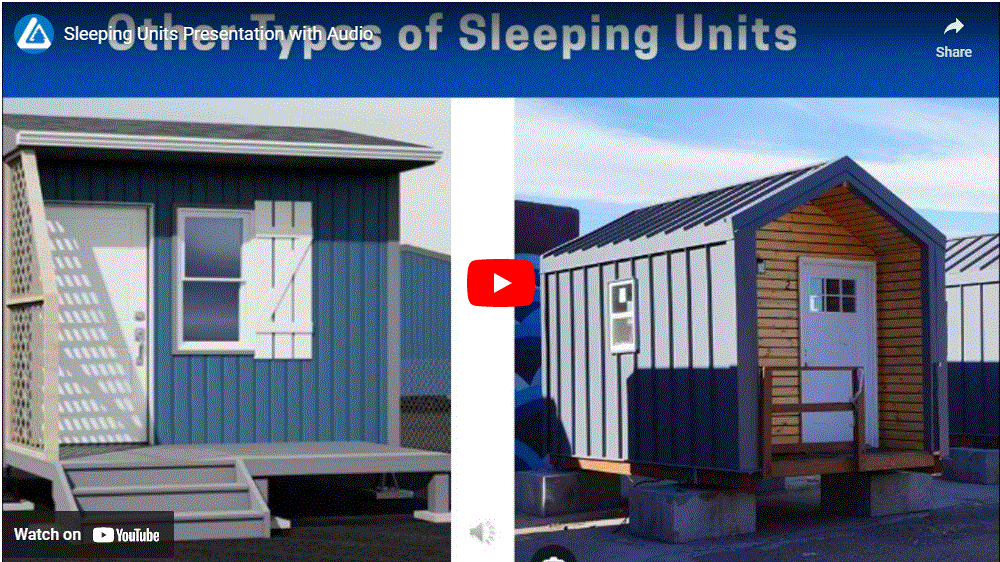Lakewood Changing Code to Allow Transitional Housing Units for Unhoused
Lakewood is following Denver’s lead on allowing micro-communities, or pallet homes, to be built in Lakewood. This program would provide transitional housing for the unhoused. According to Denver7, Lakewood is considering building these housing units themselves. Lakewood remains opaque as to their intentions and where these communities might be built. The vote to change the municipal code is Monday, September 9.
Micro-communities are the kind of affordable housing that city officials have been talking about for years. Residents have been interpreting “affordable housing” to mean housing that teachers could easily afford. In reality, studies have shown that the only the homeless and extremely low-income need additional housing units. Micro-communities would fill this need, especially since they are generally subsidized by taxpayers. As one Lakewood resident points out on LakewoodSpeaks, Denver is spending $7 million on 200 pallet homes, a cost of $35,000 each.

The new Lakewood municipal codes and pallet homes do not address long-term solutions. Denver has been spending increasing amount without seeing a decrease in homeless.
Denver receives first batch of tiny homes as it looks to house 1,000 homeless by the end of the year
Lakewood is already seeing the new navigation center acting as a magnet to attract homeless to Lakewood.
As reported in the Lakewood Informer news, Lakewood hired a consultant to change the zoning codes to densify neighborhoods. This was done without finalizing the comprehensive plan and without alleviating the problems that high-density brings, like increased parking problems. The proposed changes eliminates the need for parking spaces here.
This means that as residents diligently work together on building a comprehensive plan that fits their vision, Lakewood is already doing what it wants. Pallet homes.